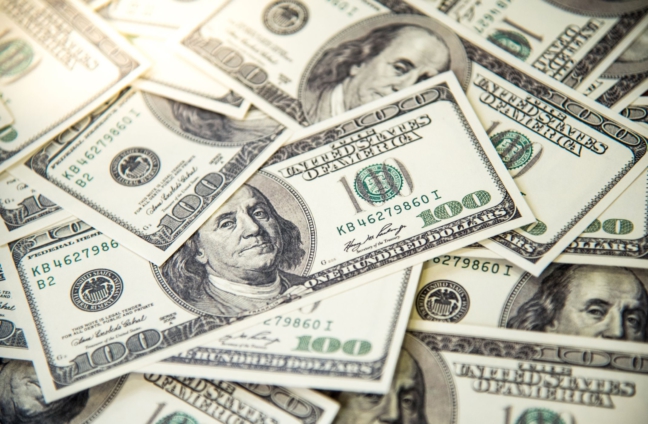There appears to be no end in sight for the insistence of some institutions, particularly private preparatory/international schools and their proprietors to collect school fees in foreign currencies.
This act, though widespread, is illegal as the Pricing, Advertising, Receipting and/or making Payments for goods and services in foreign currency in Ghana is prohibited.
Remember the periodic publishing of the Bank of Ghana’s notices to the general public warning people off against such practices? Check Notice No. BG/GOV/SEC/2022/04 and Bank of Ghana’s previous notice Nos. BG/GOV/SEC/2019/07 and BG/GOV/SEC/2012/12 which advised the public against unauthorized dealings in foreign currency.
According to the Bank of Ghana, and in accordance with the Foreign Exchange Act, 2006 (Act 723), companies, institutions and individuals are prohibited from:
i. Engaging in foreign exchange business without a licence issued by Bank of Ghana; or
ii. Pricing, advertising, receipting, or making payments for goods and services in foreign currency in Ghana, without written authorisation from the Bank of Ghana.
During the latter part of last year, 2022, Ghanaians saw the US dollar rate spiralling up to 15 cedis, a situation that proved very killing for many, including importers and consumers.
The Bank of Ghana through the able leadership of the Governor made it possible for absolute reduction of goods and services in Ghana. The Dollar is stable now.
The writer of this article has observed, rather worryingly, that some international schools in the Republic of Ghana are forcing parents and guardians to pay their wards fees in dollars instead of cedis, which is very regrettable under our present economic hardships.
The Bank of Ghana categorically went further to caution against such infractions as the violations are punishable on summary conviction, by a fine of up to 700 penalty units or a term of imprisonment of not more than 18 months, or both.
This excludes foreign students in the country. But one cannot be in this country and pay dollars for their wards in any local international institutions because such institutions are not exempt from the laws.
The Bank of Ghana further in its notices cautioned the general public to desist from dealing in illegal forex activities (black market transactions), pricing, advertising, receipting or making payments for goods and services in foreign currency in Ghana, without the requisite licence or authorisation from the central bank.
Foreigners who have established local international schools, as well as local Ghanaians, should live by the law and stop collecting schools fee in foreign currency as their actions violate the Bank of Ghana laws.
These provisions require enforcement actually, and since it is the duty of the National Security and the Bank of Ghana to act, they should act immediately.
*****
The writer, Farouk Nuhhu-Billa is a Security Risk consultant/Arbitrator in the Republic of Ghana.
Latest Stories
-
Gold hedging programme will target a portion of our reserves – BoG Governor
18 minutes -
Equity Health Insurance signs up for JoySports Invitational Tournament 2025
29 minutes -
Energy and Green Transition Minister visits Energy Commission on familiarisation tour
30 minutes -
‘Don’t wait for my death to pay tributes’ – Ali Jarrah appeals to state for support
53 minutes -
Today’s Front pages: Thursday, July 31, 2025
1 hour -
President Mahama expresses concern over renewed violence in Bawku
1 hour -
AG knows the state isn’t blameless – Lord Mensah on Duffuor banking case settlement offer
1 hour -
Two girls and one employee killed after explosion at Nebraska biofuels plant
3 hours -
Analysis: Ghana’s gold exports surge in 2025, surpasses total imports for first time in a decade
3 hours -
GH¢2bn was on the table, why collapse uniBank? – Prof Lord Mensah questions closure
3 hours -
Mahama reiterates gov’t’s commitment to expand Damongo Water Supply system
3 hours -
Bank of Ghana tightens rules on remittances amid compliance failures
3 hours -
Gov’t releases $1m to avert Memphis University scholarship crisis
3 hours -
President Mahama rallies African leaders to empower reparations bodies
4 hours -
Parliament endorses use of oil and mineral revenues for ‘Big Push’ projects
4 hours

